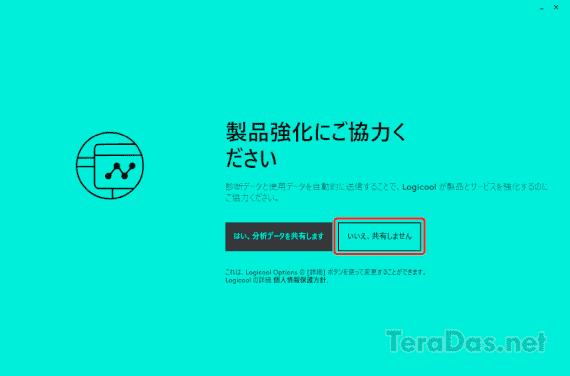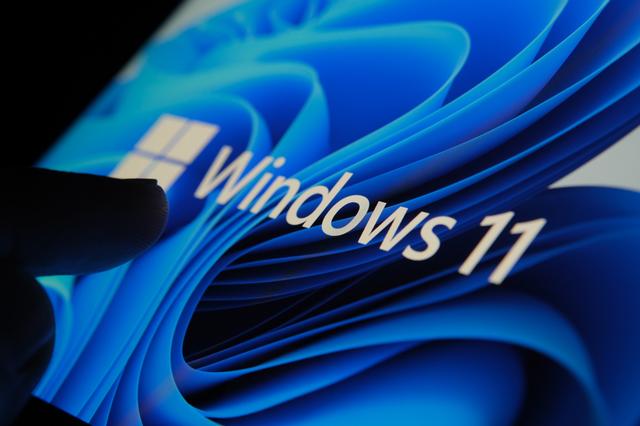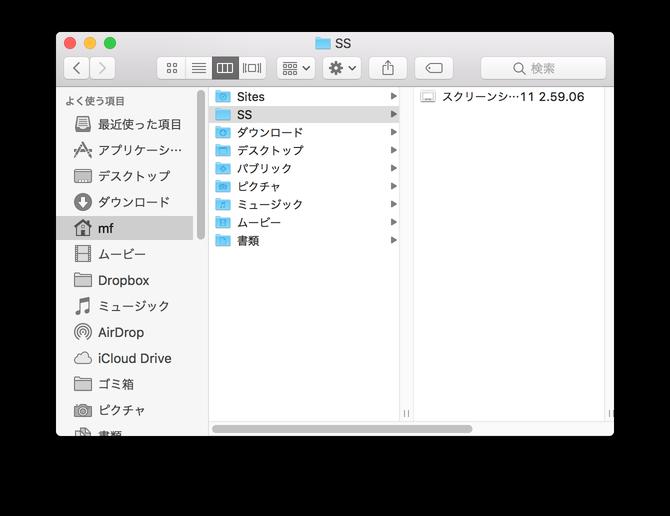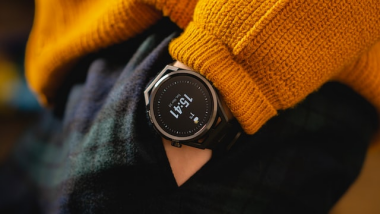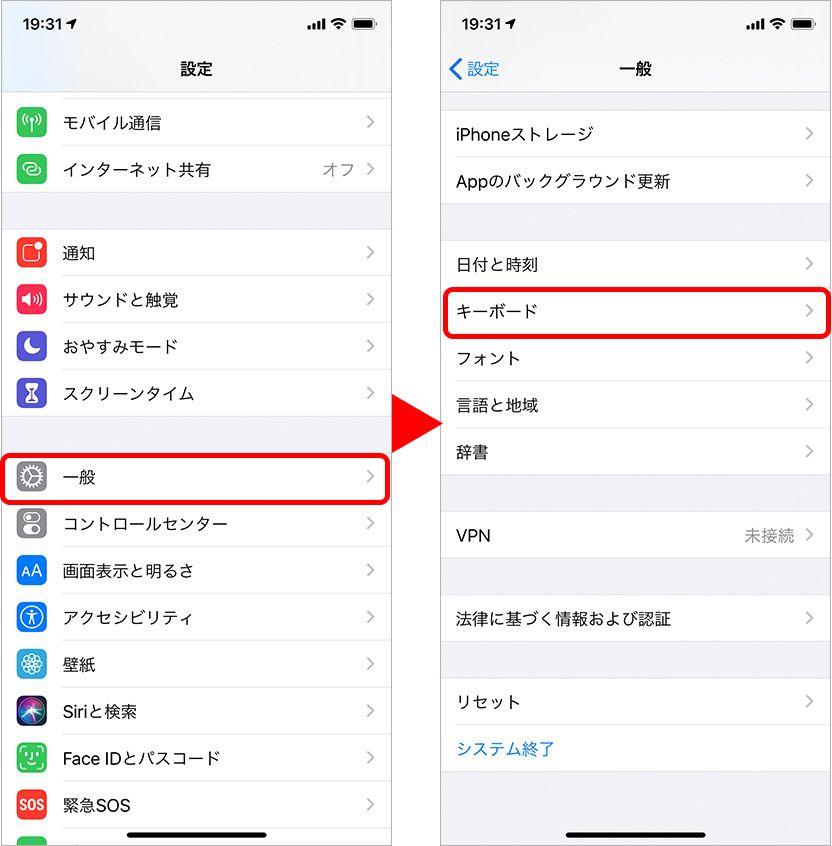WhatsApp sues Indian government to withdraw new regulations = source
edited by Reuters
1 minute read
[25th Reuters] - WhatsApp, which operates a conversation app under the umbrella of Facebook in the United States, has filed a lawsuit in the New Delhi High Court seeking an injunction against government regulations that will be enforced from the 25th. I found out from the story of the muscle.
The new regulation requires social media companies to identify the "initial source of information" as requested by the authorities. WhatsApp said it violated its constitutional right to privacy, the sources said.
The regulation purports to identify only those who are strongly suspected of committing fraud, but WhatsApp counters that it is impossible to do just that. Because messages are encrypted to each other, compliance with regulations requires decryption not only for the originator of the message, but also for the recipient.
Reuters could not confirm that WhatsApp had filed the complaint or when it would be reviewed by the court.

WhatsApp was not immediately available for comment.
New regulations announced by the Indian Ministry of Electronics and Information Technology require large social media companies to appoint persons of Indian nationality to key compliance positions within 36 hours of receiving a legal order. It includes the deletion of content and the construction of a mechanism for responding to complaints. Failure to comply with the regulation will result in loss of protection from lawsuits and criminal prosecution.
Amid mounting tensions between the Indian government and major high-tech companies, attention has been focused on each company's response since it was announced in February, 90 days before the implementation.
While Facebook, the parent company of WhatsApp, has agreed to most of the terms, it is still negotiating some.
Some in the industry hope that the introduction of the new regulation will be delayed while such challenges are pending.
The WhatsApp complaint cites a 2017 Indian Supreme Court precedent in favor of privacy, according to people familiar with the matter. The ruling held that privacy must be protected except where lawfulness, necessity and proportionality all take precedence.
WhatsApp disputes that the new regulation has not received parliamentary approval and fails to meet all three of these conditions. Experts also support WhatsApp's claims.
Our Code of Conduct: Thomson Reuters Principles of Trust
